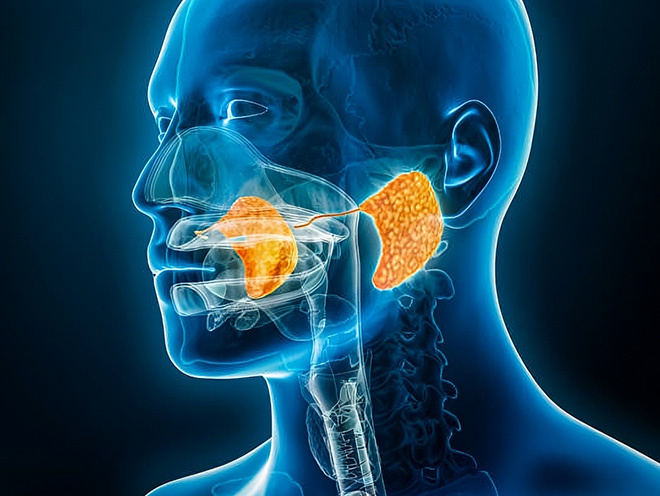 |

Oral cancer is the most common form of head and neck cancer, which can occur in any part of the oral cavity, most commonly in the tongue, gums, buccal, and sublingual regions. Among all cancer types, the incidence of oral cancer accounts for 1.45% to 5.6% of systemic malignant tumors, with a higher incidence in men than in women. The World Health Organization's Global Status Report on Oral Health (2022) estimated that oral diseases affect nearly 3.5 billion people worldwide, three-quarters of whom live in middle-income countries. And in Malaysia, oral cancer remains among the top 20 most common cancers, with a five-year prevalence of 2,199 cases.
Long-term addition to smoking or drinking
Bad oral hygiene.
Long-term stimulation of foreign body.
Innutrition.
Leukoplakia and erythroplakia.
Ultraviolet rays.
Ionizing radiation.
So can middle and late-staged oral cancer be cured? Minimally invasive techniques with few side effects and minimal trauma can help oral cancer patients avoid surgical removal, avoid suffering from traditional radiotherapy, and effectively prolong survival.
For more knowledge about cancer, please consult our doctors online.




Change of color: the abnormality of oral cavity that its color changes into white, brown and black suggests the change of epithelial cell of mucous membrane. Especially when the mucous membrane becomes rough, thick or has nodules, and cavity leukoplakia or erythroplakia occurs, it may suggest cancerous lesion has happened.
Unhealed ulcer: course of mouth ulcer usually is less than two weeks. Therefore, if you have symptoms like burning feeling and pain for more than two weeks without getting better, you should look out for them, as they may be signs of oral cancer.
Obvious pain: usually, oral cancer has no pain but only local abnormal friction feeling in the early stage, while obvious pain occurs after the ulcer cracks. As the cancer further invades the nerves, the patient may feel pain in the ears and throat.
Swollen lymph nodes: most oral cancers can invade the nearby lymph nodes of the neck, causing swelling of lymph nodes.
Dysfunction: oral cancer can invade the masticatory muscles and mandibular joint, causing limitation to the activity of the mouth.
For more knowledge about cancer, please consult our doctors online.
Face and neck examination: when examining the neck, try to raise your head backwards as much as you can and check whether there are abnormalities in the inferior maxilla area and neck. Touch both sides of your neck and the inferior maxilla area with your hands to feel the difference between the inferior maxilla area and the two sides of the neck.
Lip examination: observe the outer side of both lips, touch them with your hands, lightly pull down the lower lip with your fingers and check its inner side, and then check the inner side of your upper lip.
Gum examination: observe your gums and touch them with your fingers to see whether there are abnormalities.
Cheek examination: keep you mouth closed, lightly pull both corners of your mouth oppositely towards the direction of your ears, touch both your cheeks and see whether there is abnormality.
Check your tongue: stretch out your tongue, hold it with your hand, touch and observe the surface, pull it to the left and then right side to check whether there are abnormalities on lateral borders.
Check the roof of the tongue: raise your tongue, touch and observe it to check whether there are abnormities.
Check the pharynx and palate: open your mouth and say “ah”, observe the pharynx under light, raise your head backwards, and touch the palate to see whether there is abnormality.
For more knowledge about cancer, please consult our doctors online.